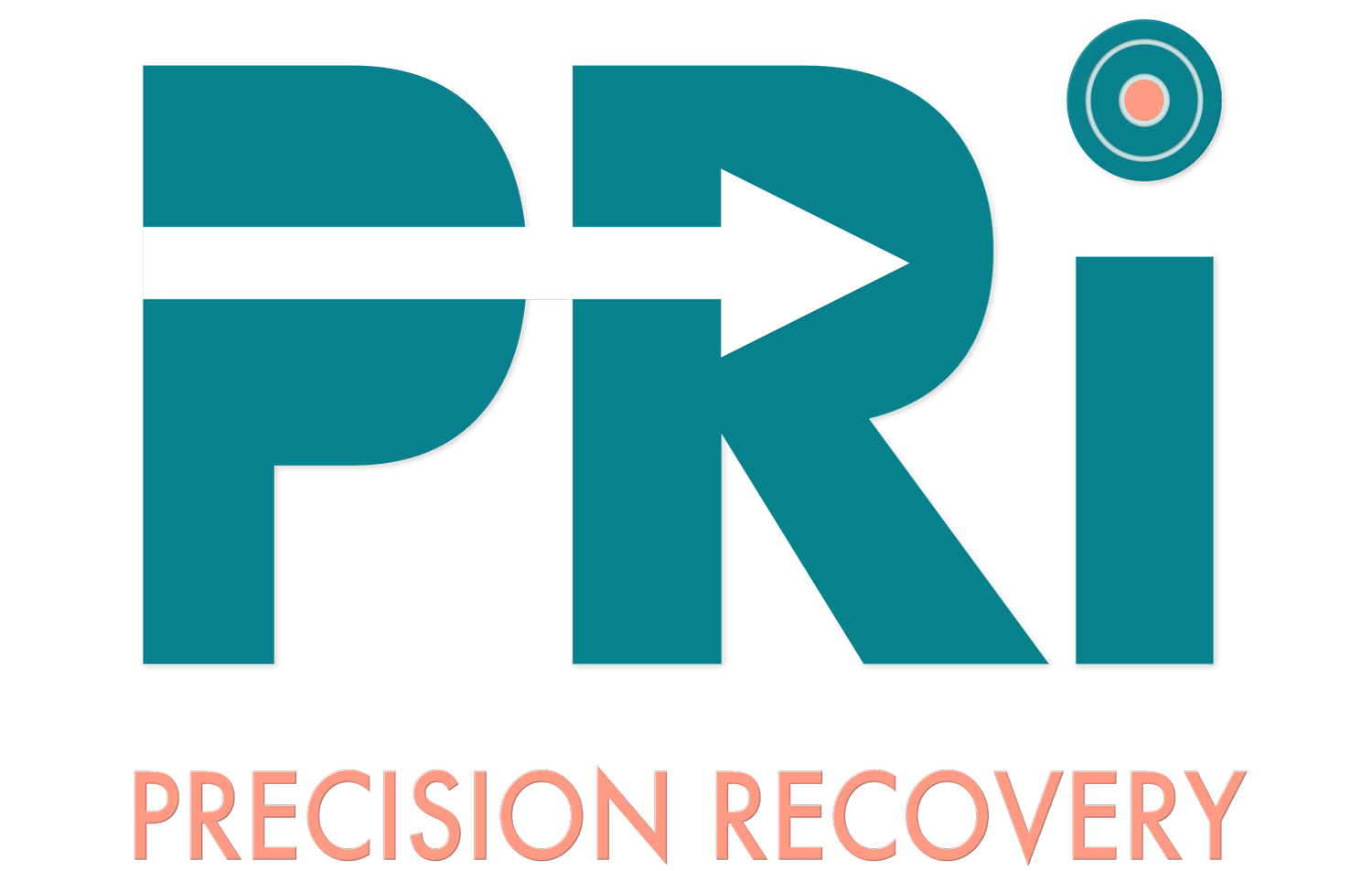Diet and nutrition for your loved one who has had stroke
Nutrition and Diet Tips for Optimal Stroke Recovery: A Caregiver's Handbook
For those caring for loved ones who have experienced a stroke, it's important to remember that a balanced diet plays a crucial role in supporting their journey to recovery. Nourishing the body with the right nutrients can not only help rebuild strength and restore function, but it can also aid in preventing future health complications. By following a few essential nutrition and diet tips, caregivers can provide the best possible support for their loved ones as they embark on the road to recovery.
To begin with, hydration is paramount. After a stroke, some patients may experience difficulty swallowing or may not recognize thirst. It's vital to ensure that they receive adequate fluids to maintain proper hydration levels. A well-hydrated body can improve blood circulation, support brain function, and aid in detoxification. Apart from water, fluids can be introduced in the form of herbal teas, broths, or water-rich fruits and vegetables like cucumbers and watermelons.
Next, emphasize foods rich in omega-3 fatty acids, such as fish like salmon and mackerel, flaxseeds, chia seeds, and walnuts. Omega-3s are renowned for their inflammation-reducing properties, crucial in promoting brain health and supporting neurological repair. Likewise, antioxidants found in berries, dark leafy greens, and nuts can counteract oxidative stress, a common issue post-stroke. Incorporating these nutrient-dense foods can expedite healing and boost the brain's resilience against future challenges.
Lastly, it's essential to reduce sodium intake. High salt consumption can lead to hypertension, a leading risk factor for strokes. By opting for fresh, whole foods and minimizing processed ones, caregivers can easily manage sodium levels. Spices and herbs can be wonderful alternatives to salt for flavoring, offering not just taste but additional health benefits too. With thoughtful nutrition choices, caregivers can significantly influence the pace and quality of a stroke survivor's recovery, paving the way for a brighter, healthier future.
